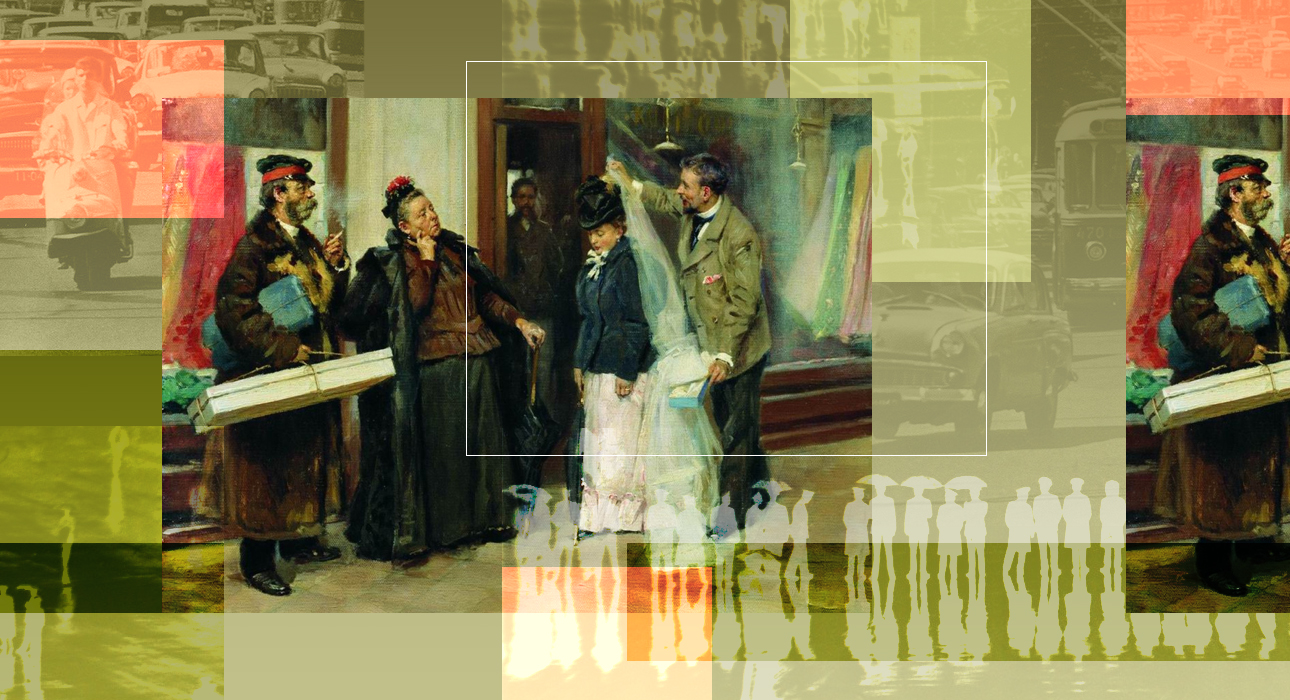For the National Assembly there is no discussion: the image rights of minors must be respected and parents are the guarantors. This Monday, March 6, the deputies unanimously adopted the text of the law aimed at guaranteeing respect for the image rights of children. This text was presented by the Renaissance deputy Bruno Studer, who has already initiated several measures to protect the integrity of minors on the Internet.
The deputy announced the imminent presentation of this text on January 27 and took the opportunity to reveal alarming data. An average child would appear in 1,300 public photos before the age of 13, while 50% of the photos exchanged on child pornography forums come from parental accounts. To get likes, some no longer hesitate to broadcast videos of their offspring in compromising postures, especially during degrading Tik-Tok challenges.
Educate parents and sanction if necessary
To guarantee the right to the image of the little ones, the text of the law introduced by Bruno Studer provides for the inclusion of respect for the minor’s private life in the list of parental duties. The bill also reminds co-parents that decisions concerning that child must be made jointly. If one of the parents opposes the dissemination of content that portrays them, the family judge can now prohibit such publications. The text will also recall that, pursuant to the 1989 International Convention on the Rights of the Child, the minor must be consulted on the dissemination of her image ” according to his age and degree of maturity “.
In the event of abusive and non-consensual exposure, a forced delegation of parental authority may be ordered by the judge. Contrary to what was suggested at the beginning, this delegation would be partial, i.e. the parent will retain parental authority in other areas, but will no longer be authorized to make decisions regarding the minor’s image right.
Will France soon be the first country in the world to generalize parental controls “by default”?
In France, there are many initiatives to protect young people from the excesses of the Internet. Last week, the National Assembly adopted a bill to force social media platforms to check the age of their members and require parental permission for children under 15, reports The world. At the same time, MEPs are currently considering a bill to limit children’s screen time, particularly through improved awareness among adults.
If this text is adopted, early childhood professionals and health professionals will have to undergo training to become aware of the risks. Screen time will be strictly controlled and limited in childcare and youth-welcoming settings. Computer, tablet or phone packaging will all carry prevention messages. Finally, the official recommendations in force and useful information will be added to the pregnancy diary received by each pregnant woman.
If these bills have yet to be considered by the Senate, the experimental measures to block access to child pornography sites should be implemented in March.
Source: Madmoizelle
Mary Crossley is an author at “The Fashion Vibes”. She is a seasoned journalist who is dedicated to delivering the latest news to her readers. With a keen sense of what’s important, Mary covers a wide range of topics, from politics to lifestyle and everything in between.





